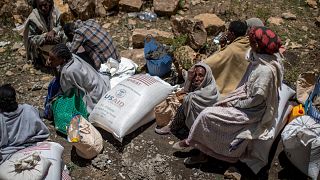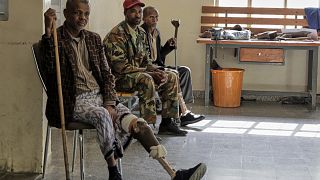Ethiopia
The Ethiopian parliament late last week approved amendments to the country’s controversial anti-terrorist legislation.
The new version has more concise language as opposed to the old one whose wording was criticised as vague by activists and human rights organisations.
Prior to April 2018, the government routinely used the law to detain and charge activists, journalists and opposition politicians.
The new text also guarantees the right of workers to strike, even if this leads them to “obstructing public services”, an offence previously considered terrorism.
It also grants parliament powers to identify and ban terrorist organisations. This section, critics argue, has been used in the past to censor opposition parties.
The old version had been in place since 2009 and had been used to control protests and other forms of dissent. Ethiopia has changed repressive laws and reformed some institutions since Prime Minister Abiy Ahmed, took office in April 2018.
But episodes of inter-communal and ethnic violence which killed many and displaced over a million have got some analysts concerned about the country’s democratic transition.
AGENCIES










Go to video
Kenya set to surpass Ethiopia as East Africa’s largest economy in 2025 – IMF
Go to video
Ethiopians mark Easter with calls for peace and love amid ongoing conflict
Go to video
Lt. Gen. Tadesse Werede named the new interim president of the Tigray region
Go to video
Ethiopia’s PM urges Tigray to nominate new leader
Go to video
Ethiopia: Abiy Ahmed dismisses war possibility with Eritrea amid rising fears
01:21
Ethiopia and Somalia hold talks aimed at reaffirming ties